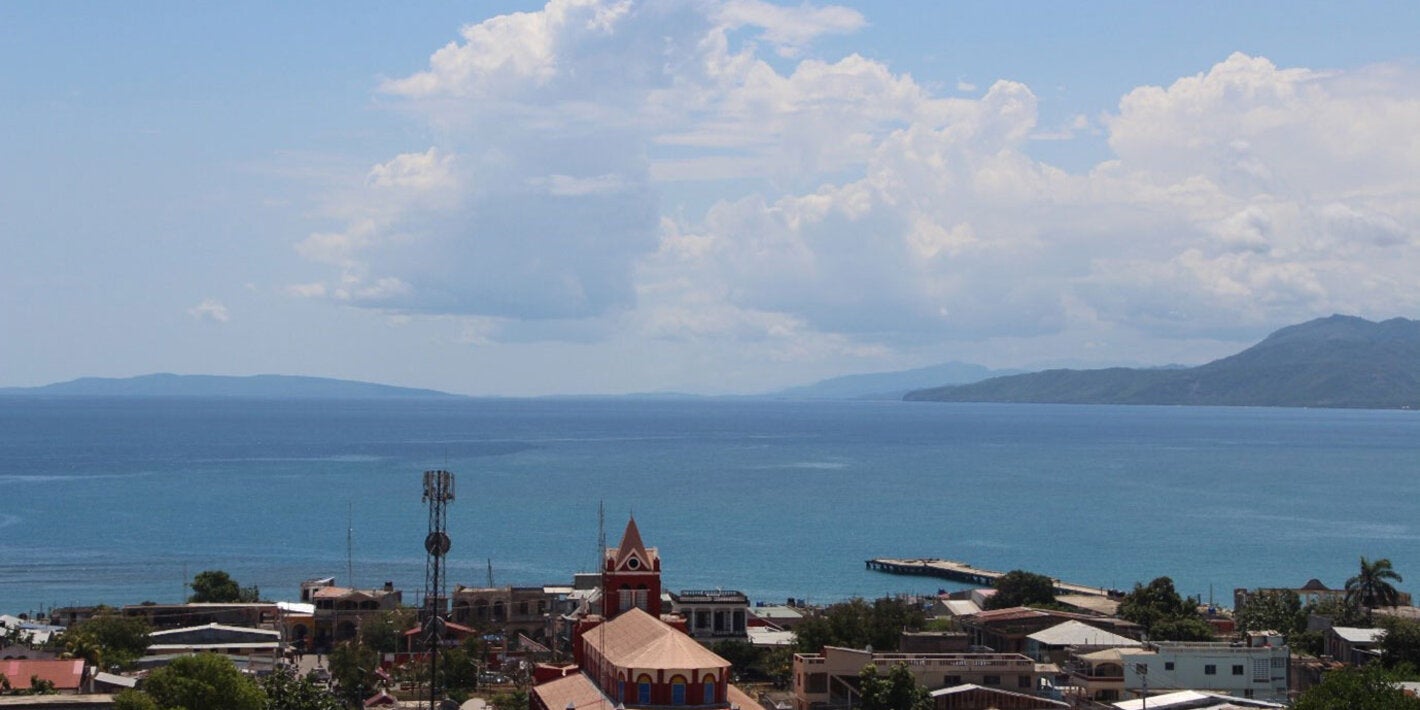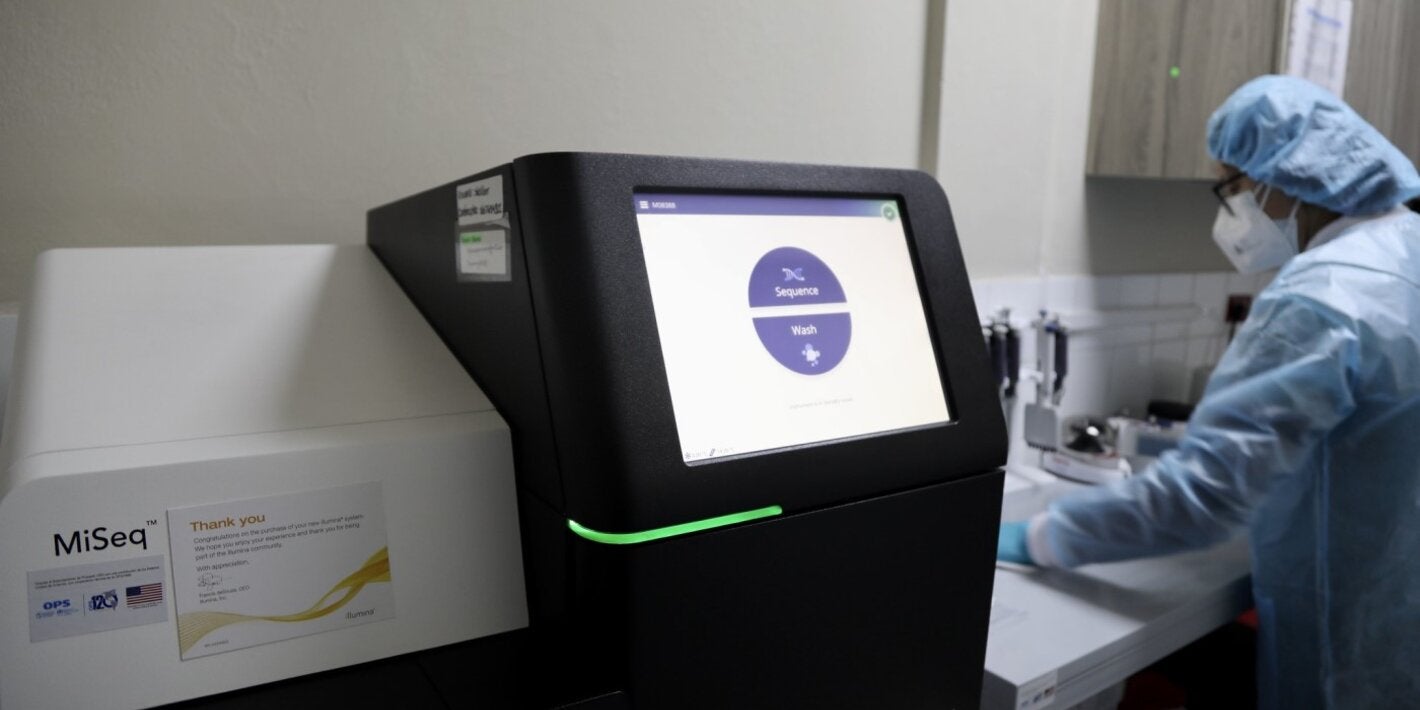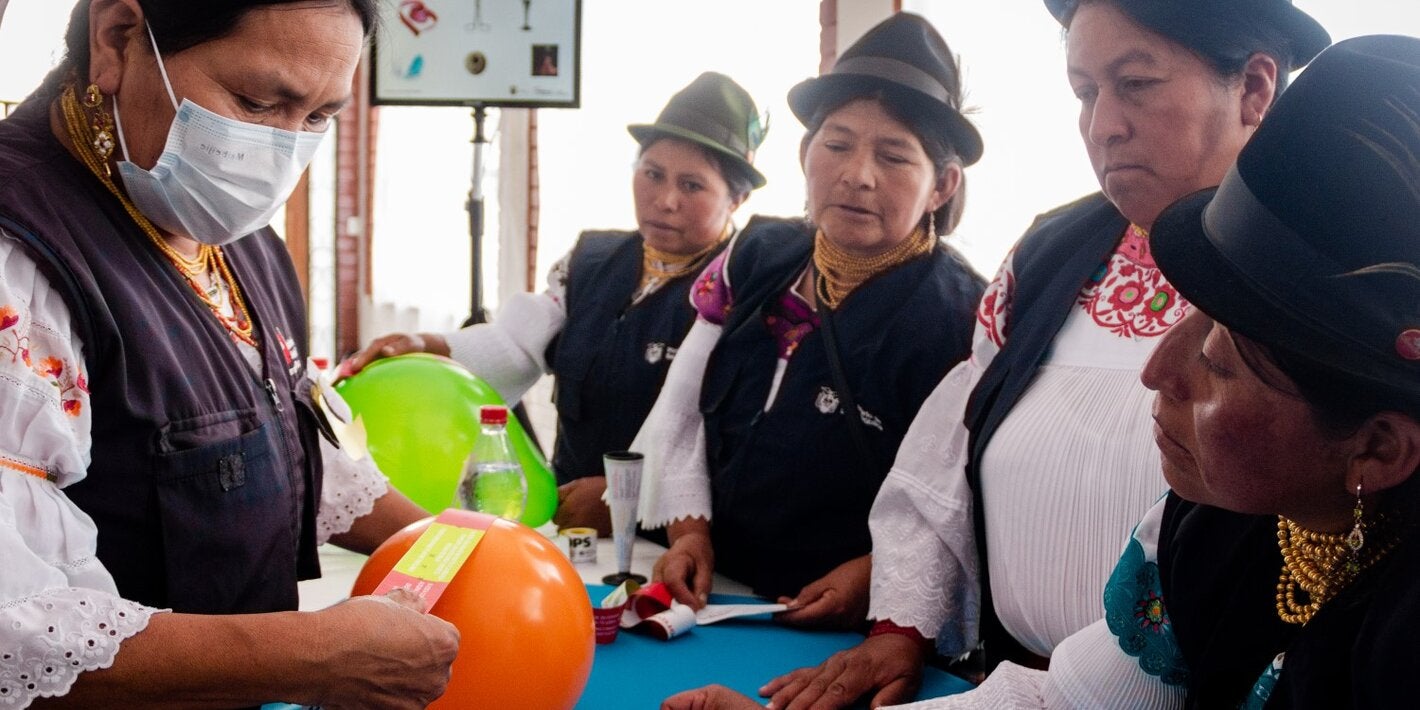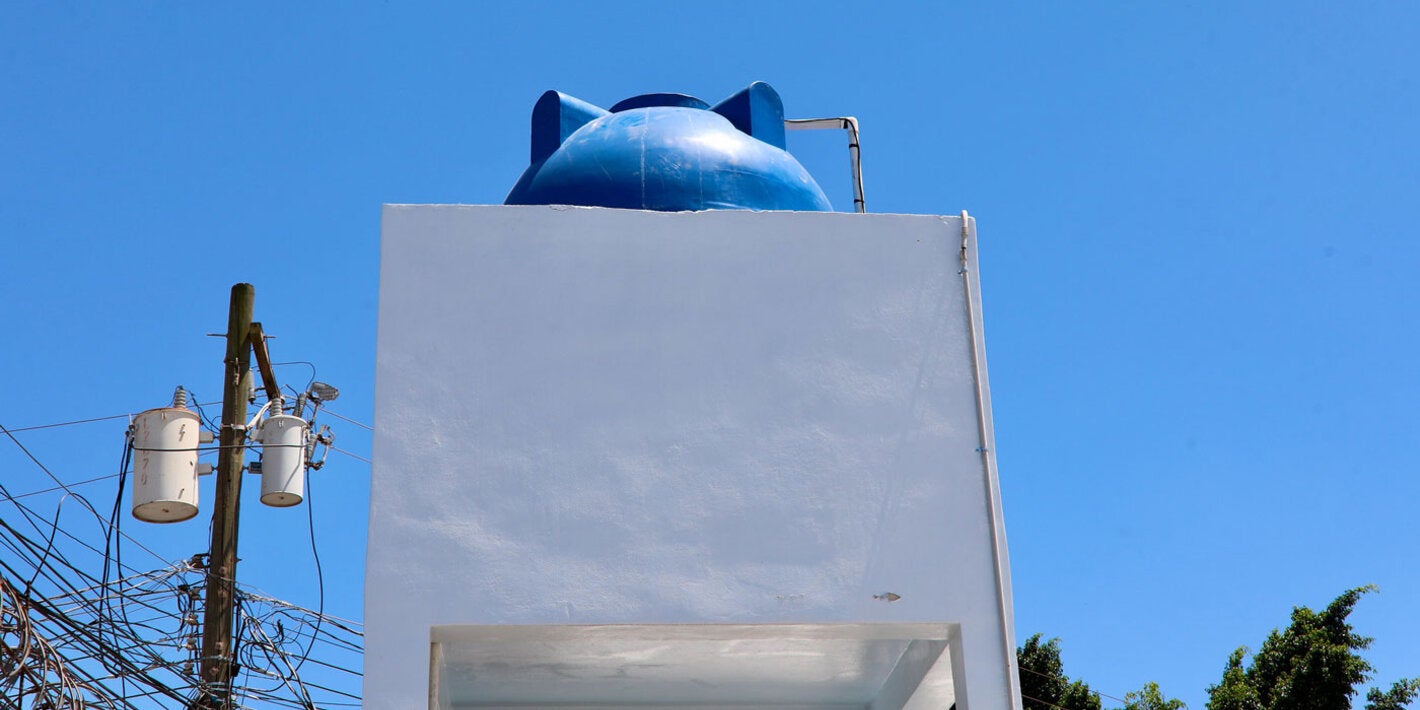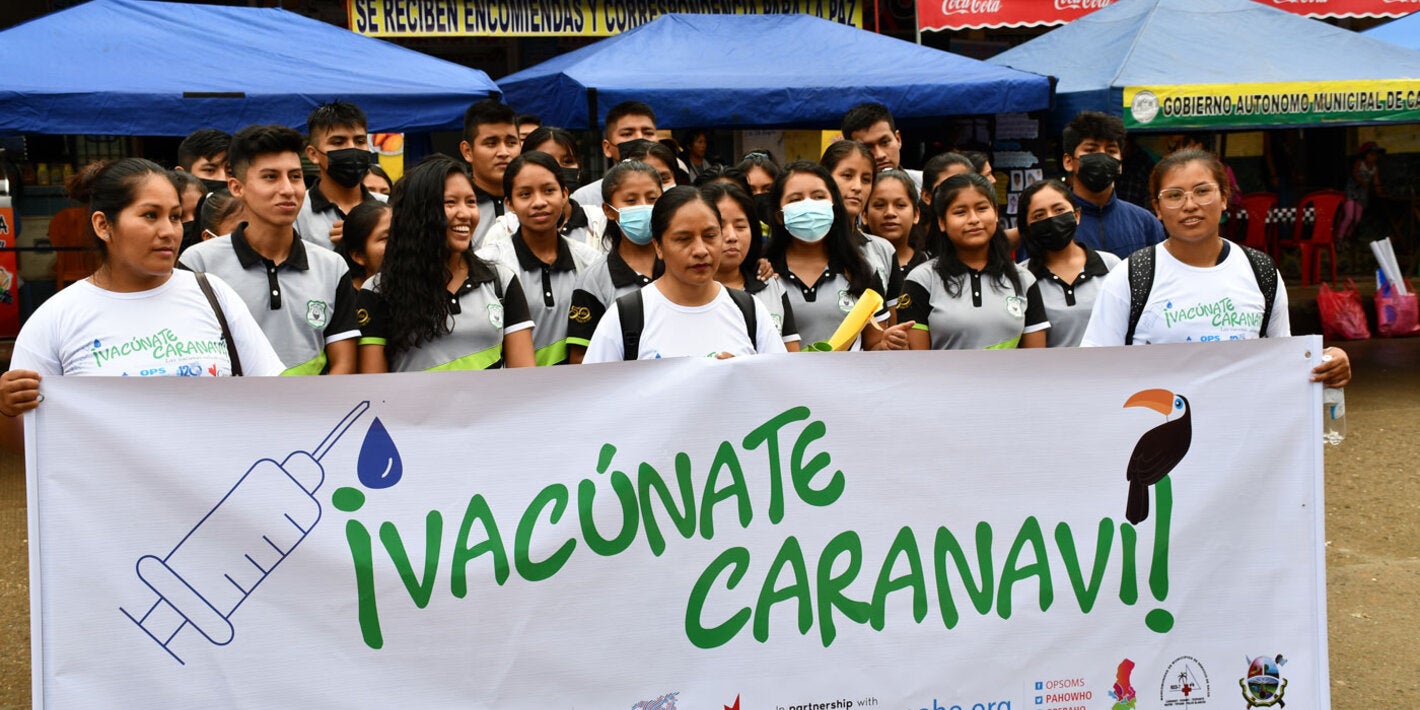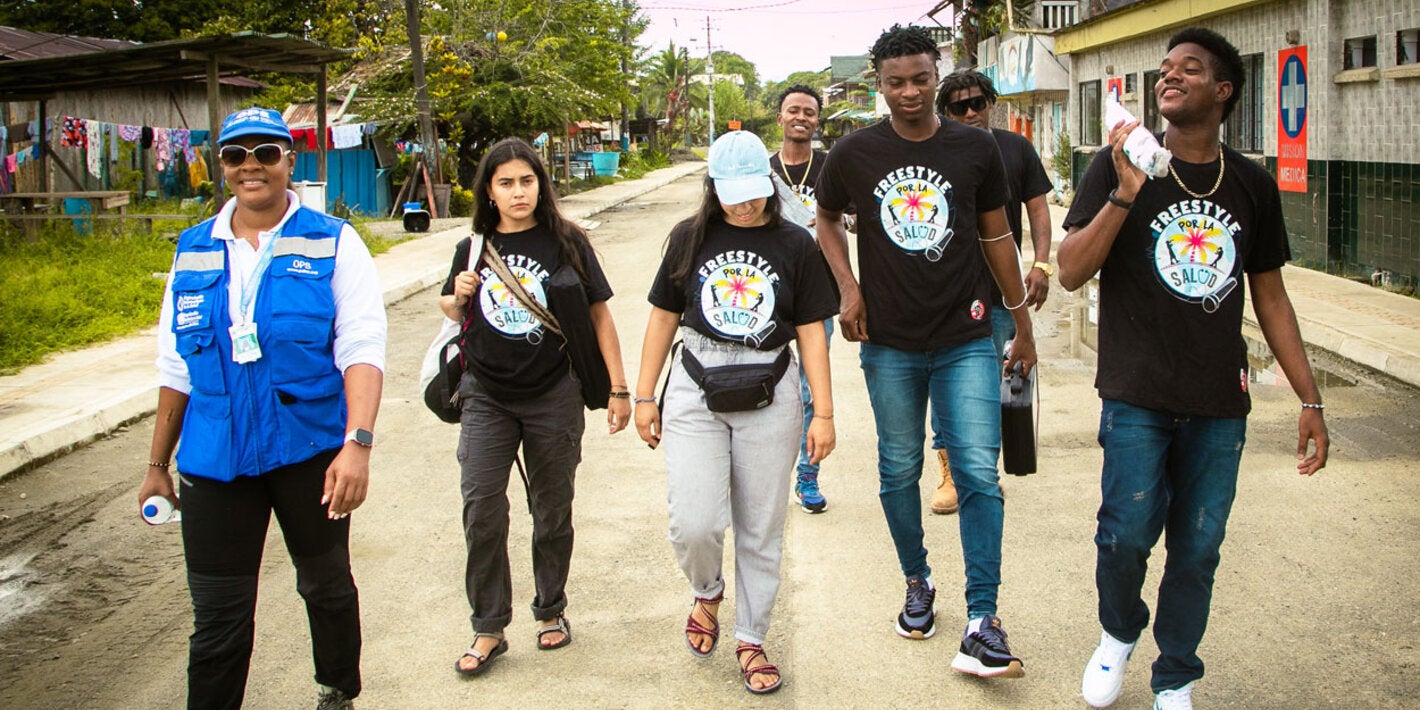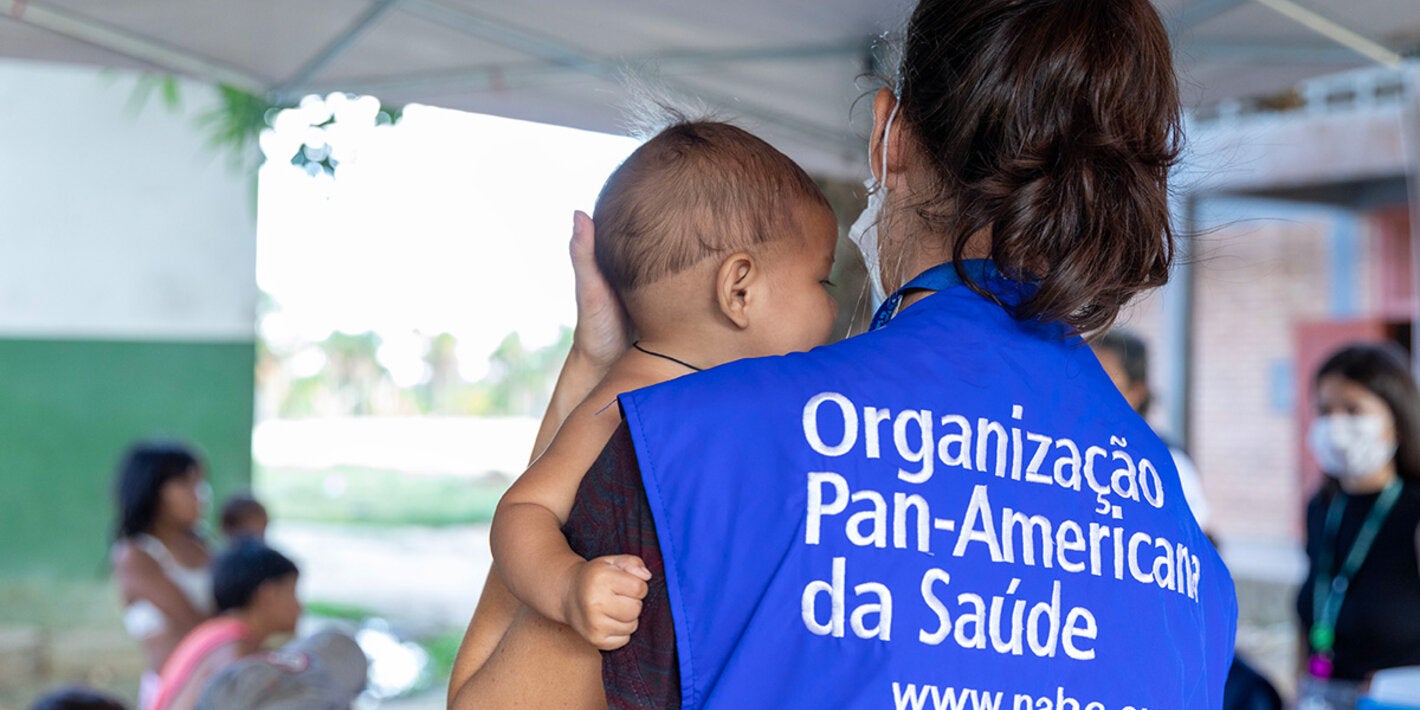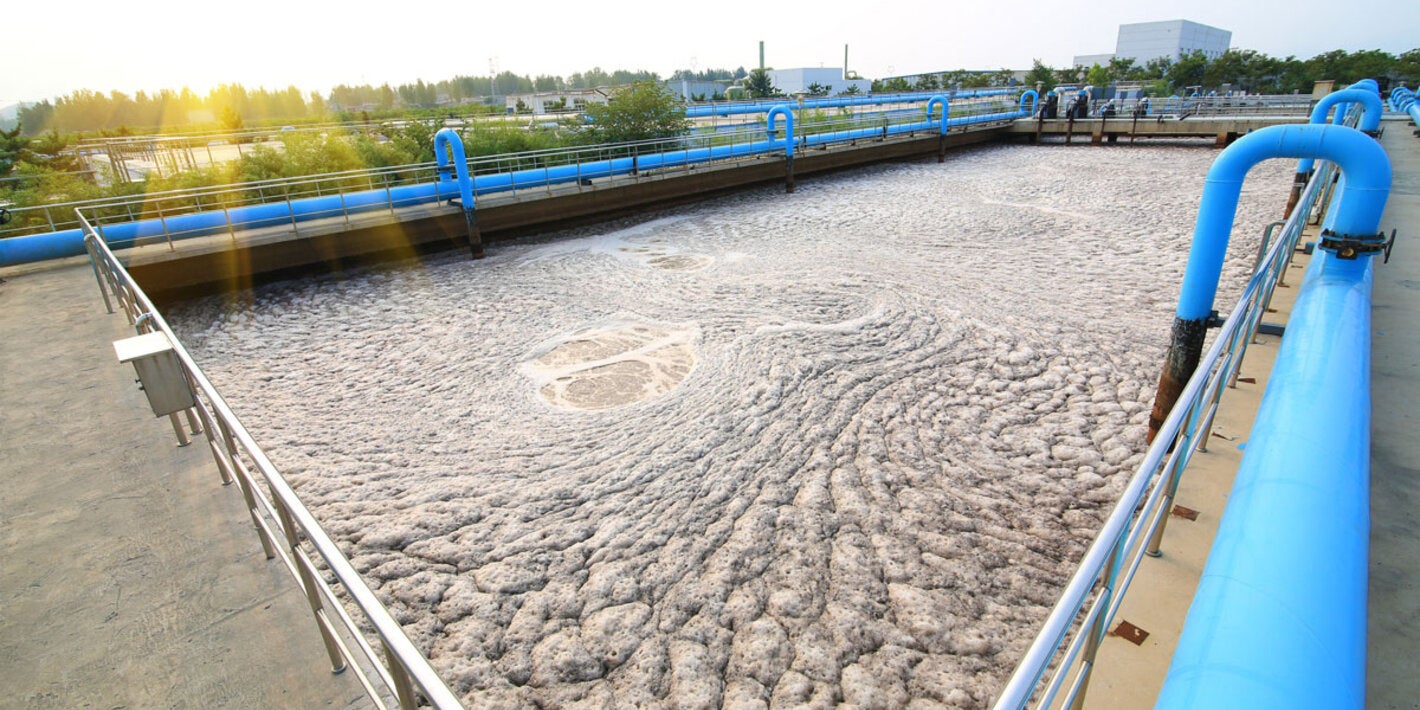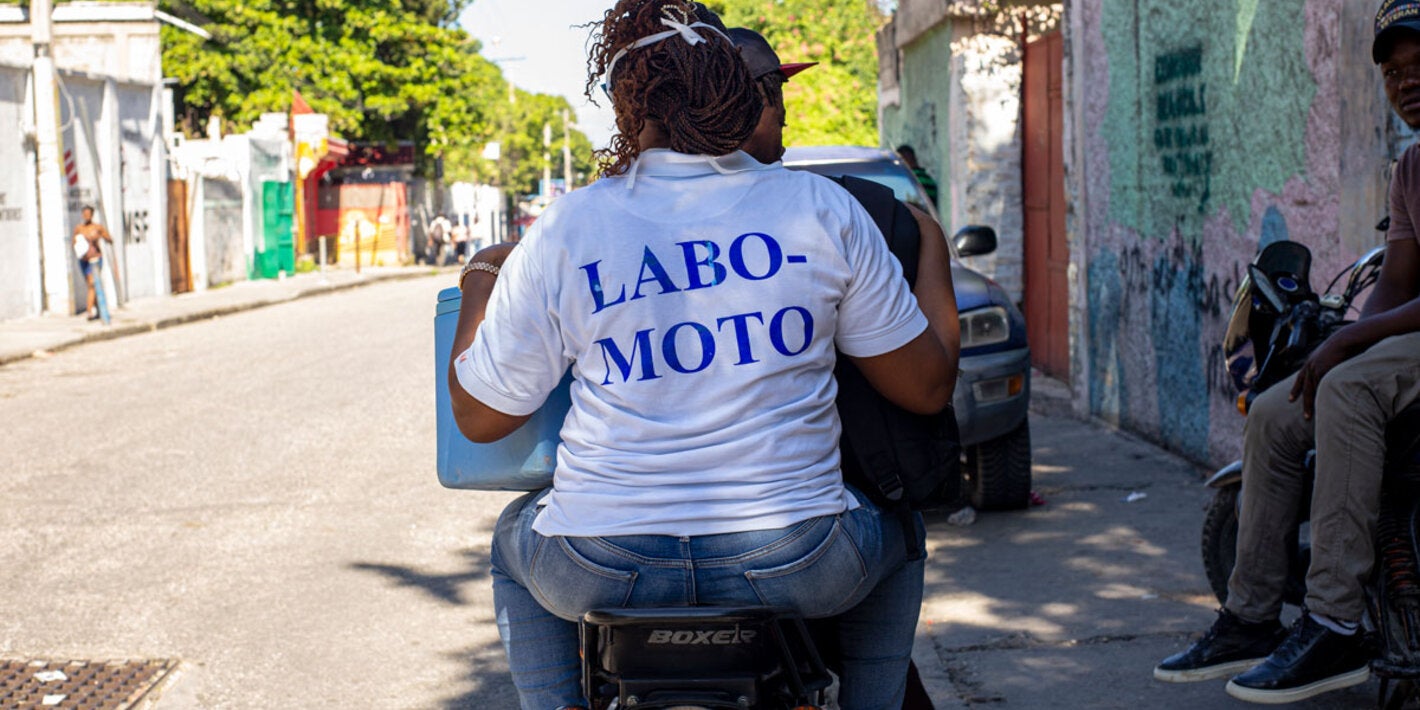Regional Stories
In October 2022, after a period of over three years with no newly confirmed cases, Haiti’s West Department experienced a resurgence of cholera, making it the epicenter of the outbreak. On February 6, 2023, an alert was issued by the Département Sanitaire de l'Ouest (DSO) in response to a rapid increase in cases on La Gonâve, an island within the…
Microbiologist Soany Avilez was delighted when she was selected to implement genomic sequencing of the SARS-CoV-2 (the virus that causes COVID-19) in Honduras. In the wake of the pandemic, in 2020, she began working at the National Virology Laboratory performing PCR tests for COVID-19 diagnosis. At that time, genomic sequencing to detect variants…
In rural and remote communities of Latin America, ancestral practices such as midwifery have been passed down from generation to generation. In these areas, where geographical barriers and cultural differences can hinder access to healthcare centers, the practical and spiritual support of traditional midwives can make the difference between life…
Thanks to support from PAHO and the Government of Canada, after 13 years running water is restored in all patient care areas of a health center in Tegucigalpa.
May 2023
In some remote, mostly Indigenous communities across Bolivia, the COVID-19 vaccine was met with a mixture of rumour and distrust.
Three young rappers from Chocó, Colombia, are supporting the prevention of diseases such as COVID-19 in remote communities on the country’s Pacific coast, where conditions of vulnerability and barriers to healthcare persist.
March 2023
In northern Brazil, the land of the Yanomami people extends 96,650 km² across the states of Amazonas and Roraima, an area equivalent to the territory of Portugal. This land houses more than 31,000 inhabitants considered by the country's National Foundation of Indigenous Peoples (Funai) as “peoples of recent contact” – indigenous people who…
The appearance of COVID-19 in 2020 made wastewater surveillance, a tool for tracking infectious diseases in sewage, an increasingly common public health practice. As genetic evidence of pathogens can be excreted in feces, scientists use the method to monitor SARS-CoV-2 and its variants, and have expanded its use to uncover the presence of…
The Labo Moto project, a joint initiative of the Pan American Health Organization (PAHO) and the Haitian Ministry of Health, provides “nurses on wheels” who travel across the country by motorcycle to collect cholera samples from suspected cases and deliver them for laboratory analysis, contributing to rapid diagnosis and response.

